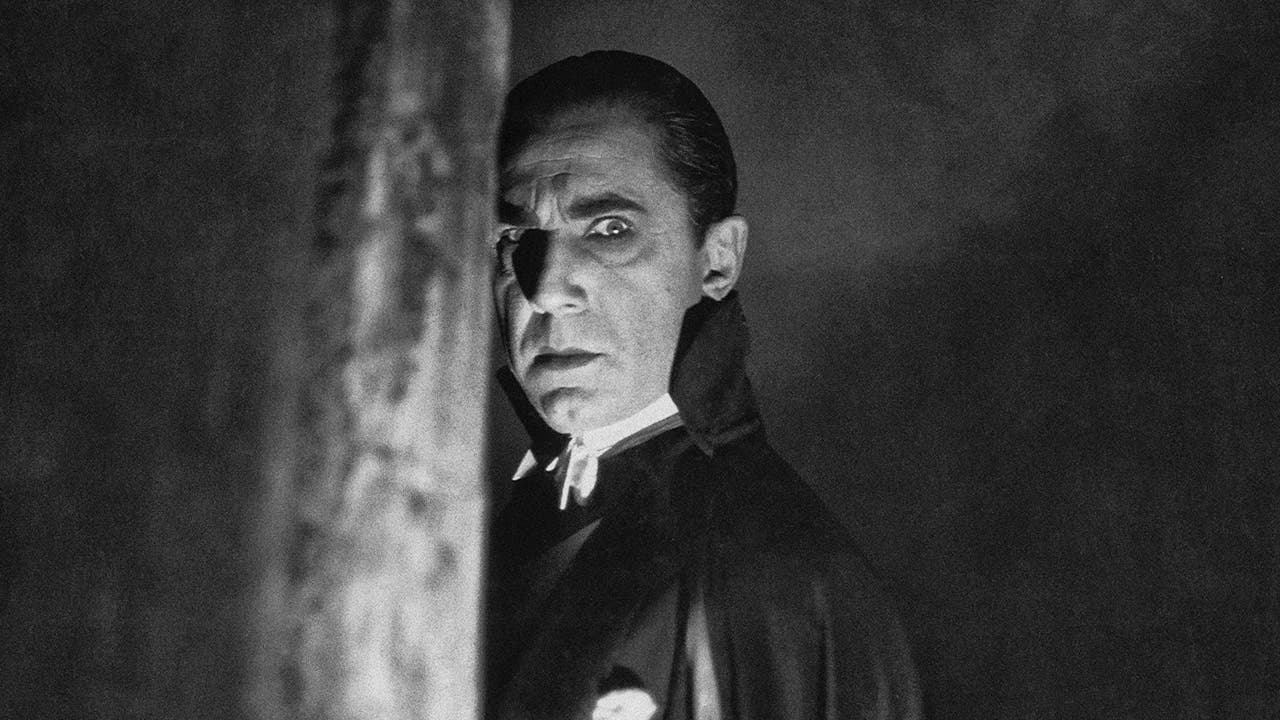From Fangs to Fables: Bela Lugosi's Dramatic Drug Tales to Rekindle Romance

In a delightful twist on the narrative of a storied Hollywood icon, authors Robert Cremer and Lynne Lugosi Sparks, the granddaughter of the legendary horror movie star Bela Lugosi, chat about their forthcoming treasure trove of tales titled 'Bela Lugosi: The Man Behind the Cape.' Now, before you conjure images of bloodthirsty vampires and caped crusaders, let’s steer the conversation to the man himself, who insisted, like all tortured souls, that he battled a demon far more sinister: a debilitating drug addiction spanning over two decades. But, as Cremer pointed out with a practiced wink, this was perhaps not the full spectral truth.
“What he said was that he had been dependent on drugs for 20 years, in some cases 25 years,” why, it sounds like the opening line of a thriller. Yet, according to Cremer, Bela vastly exaggerated his struggles. “This exaggeration,” he added, “was aimed, in part, at [his fourth wife] in the hope that she would feel guilty, would reconcile with him and come back to him.” If only melodrama came with a side of actionable relationship advice!
The saga unfolds against the backdrop of Lugosi's Hollywood ascent, where, swathed in a flowing cape and with all the charm of a ravenous Casanova, he transformed into Dracula—an immortal role that perhaps, ironically, solidified his mortal struggles. While art seemed to imitate life in the most eerie of fashions, Cremer, a seasoned columnist from The Hollywood Reporter, is set to unveil over 700 unseen family artifacts and historical gems in his forthcoming work—slated for a Dec. 17 release. Think of it as a family album, except with a lot more Gothic flair.
Now, Lugosi didn't just waltz into Hollywood; he crash-landed, having brought his dramatic flair from the stage to the silver screen. Cremer reveals a nuanced truth: while Lugosi indeed faced a world of pain due to his service in World War I, his dependency on morphine was somewhat crafted by circumstance, not vice. "His [fourth wife] Lillian made it quite clear he was only dependent on drugs from 1953—after their divorce—until he committed himself to rehabilitation in 1955,” Cremer explains. This tale could perhaps be subtitled “the complex tango of love and addiction.”
Lugosi's dissolution with Lillian—who was 30 years his junior—left him in shambles, transforming pride into desperation. As Cremer paints a portrait of a man grappling with a public persona versus a private reality, the emotional resonance deepens. “The divorce… devastated him,” Cremer notes, highlighting the burdens of love and paternal responsibility that tugged at Lugosi's heartstrings, much like bats at twilight. But even amidst the shadows, Lugosi felt the need to be seen, fearing obscurity more than the gallows of criticism.
Much like a classic horror film, the narrative pulls readers closer in a slow build of tension—an artist desperate for validation and recognition, willing to soldier on through subordinate roles that did little justice to his talents. “He felt if he could keep his face on the screen constantly, that it would increase his popularity,” Cremer shared, as if echoing a cautionary tale of an actor caught in the very web he wove.
At the heart of this tale lies a poignant truth: Lugosi, while haunting the big screen, often found himself ghosted by Hollywood’s fickle affections. His final years, spent wrestling with sciatica and the whispers of his neglect, painted a tragic yet inspiring picture of unwavering dedication to his craft. As for the end, that is where things get truly poignant: Lugosi passed away in his beloved cape, imbued with the very essence of the character that had encapsulated his life.
Ultimately, 'Bela Lugosi: The Man Behind the Cape' is a declaration—not just of a man shrouded in mystery and misconceptions—but an earnest testament of love, loss, and the very human desire to be remembered. So as you flip through the pages on that crisp December day, remember, it’s not just about Dracula. It’s about Bela, the man behind the cape, who wished for nothing more than a few more moments in the spotlight, capes not included.

